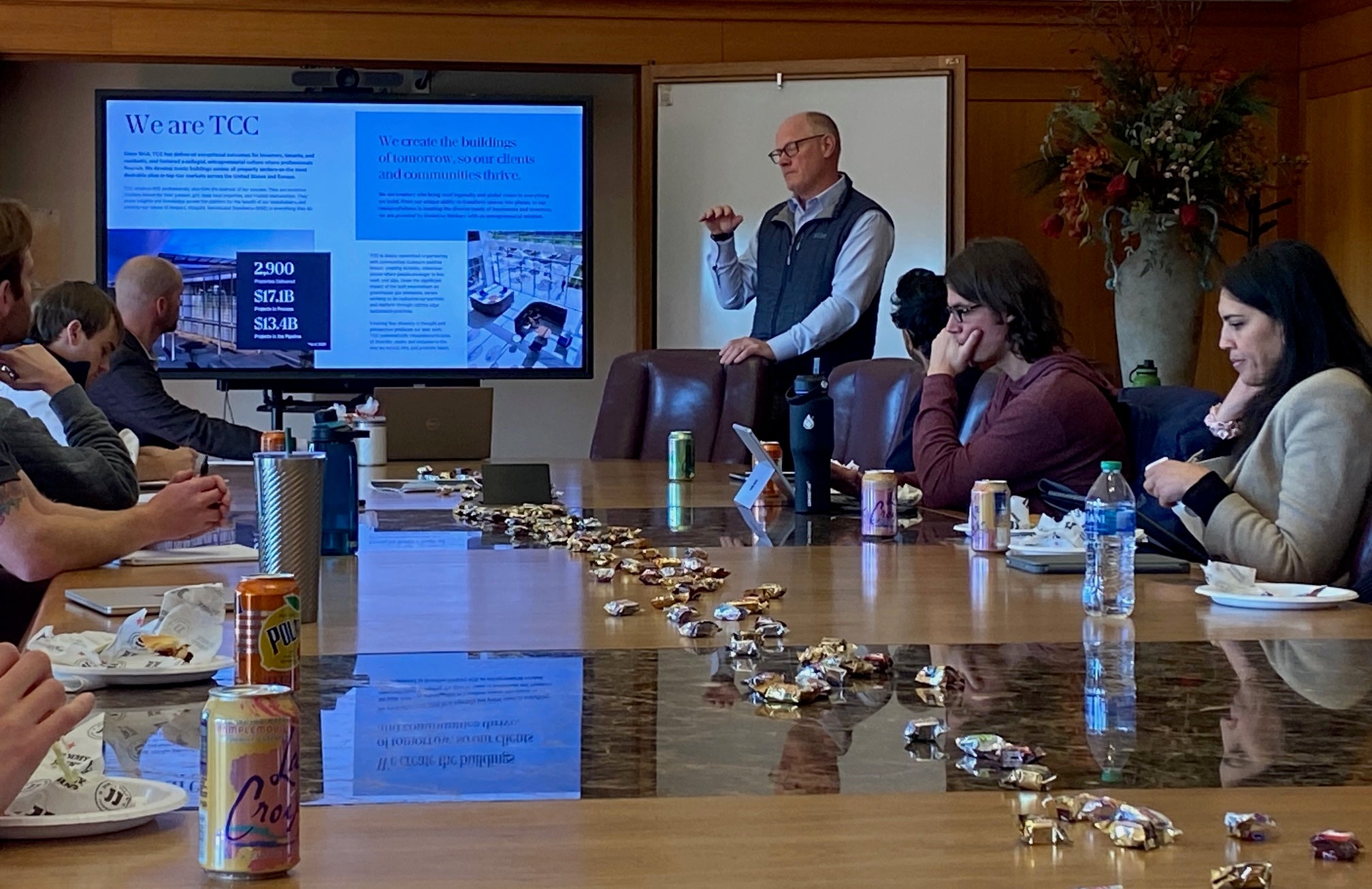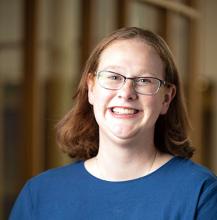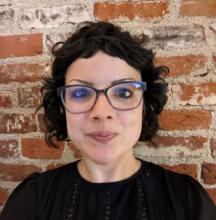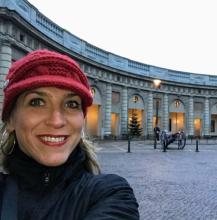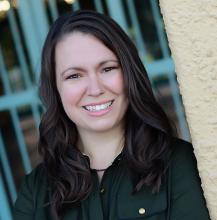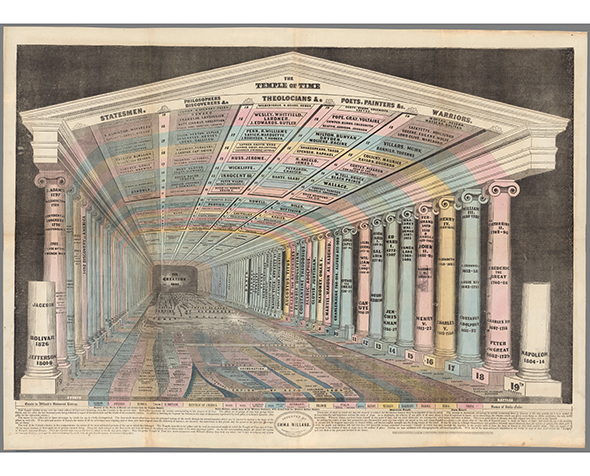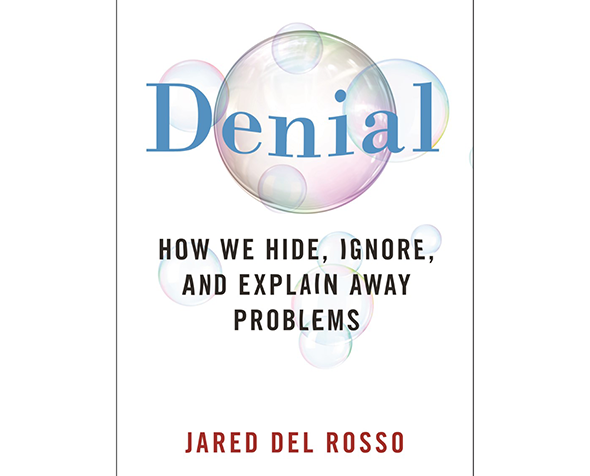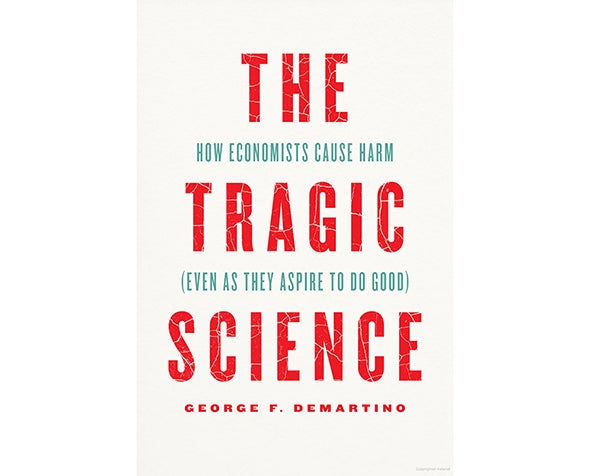DU's CAHSS Professors Share Favorite Feminist Reads

To kick off Women’s History Month 2023 the College of Arts, Humanities and Social Sciences asked faculty across various disciplines to share their favorite feminist reads – a novel, memoir, short story, poetry or essay collection that made a personal difference to them and, in some cases, even changed their life trajectory.
Sara Chatfield, associate professor, Department of Political Science:
I recommend “At Least You Have Your Health” by Madi Sinha, a novel that explores themes of motherhood, women’s health, race and class as it follows a
gynecologist who is forced out of her job after an interaction with a racist patient. She starts working for a private “wellness” group that provides concierge services to wealthy women. At first it seems like a dream come true, but over time Dr. Rao and her assistant become more and more concerned about their involvement in the group. As a working mom, this book really spoke to me in the ways the author addressed the struggles of “having it all” and the problems with the “wellness” market aimed at women and moms.
Lauren J. DeCarvalho, associate professor, Department of Media, Film & Journalism Studies:
My two recommendations would be “Sister Outsider,” which is a compilation of essays and speeches written by Audre Lorde and “Feminism is for Everybody: Passionate Politics” by bell hooks. Being someone who identifies as both multiracial and a woman, I rarely see myself represented anywhere. As such, I tend to identify heavily with other women of color in general. These two books have had such a significant influence on my life (both personal and professional) in terms of how I see myself and others/Others. For me, when I read them back in 2007, it felt like I was being seen for the very first time as so much of what they had written about resonated deeply with me.
In “Sister Outsider,” one piece in particular stood out and it is called “The Transformation of Silence into Language and Action.” Audre Lorde wrote this as a keynote speaker at a conference where she was technically the guest of honor but was still heavily marginalized against. She wrestled with how many times she felt discriminated against and whether she should speak out or not. She finally decided that if she did not speak out, then no change was possible, and instead she would take those injustices to the grave with her. So, she spoke out and encouraged Others to do the same. It is such a powerful piece and I sincerely hope others/Others get a chance to read it.
Lindsey Dawn Feitz, teaching professor, director, Department of Gender & Women's Studies:
As an undergraduate I was lucky enough to be exposed to some amazing feminist fiction writing. Of course, no one called it “feminist literature” at the time, but my (male) professors regularly assigned fiction written by women and people of color. Kate Chopin’s novel, “The Awakening,” challenged me to rethink the gendered dimensions of motherhood, marriage and how I would navigate these in my own life. Zora Neale Hurston’s, “Their Eyes Were Watching God” and Toni Morrison’s, “Beloved” introduced me to Black women's fiction writing and changed my view of American literature and my understanding of America itself. I did not realize it at the time, but these books, and the professors who introduced them to me, changed the course of my life. I ended up attending graduate school as a result, and now I am the one assigning feminist writing to my students!
Amie E. Levesque, teaching associate professor, director, Department of Sociology & Criminology Internship Program:
I recommend Jane Ward’s “The Tragedy of Heterosexuality.” In this book, Ward critiques the common and homophobic question often asked of individuals in the LGBTQ+ community: “why would anyone want to be gay?” and, instead, asks “why would anyone want to be straight?” Ward examines the major paradox in straight relationships, where women and men are supposed to be completely different from, and often in conflict with each other, and yet, they’re also supposed to be in love with each other. This paradox is what she calls “the tragedy of heterosexuality.”
Ward offers the argument that straight relationships need not go away, but that straight people can learn so much about deep, respectful and fulfilling love from Black, feminist and queer authors who have long challenged the inequalities of heteronormative institutions and found meaningful love outside of them. As a straight woman who has been studying feminist and queer theory for over two decades, this book validated so much of what I believe about straight love—that it doesn’t have to be so difficult, especially if we bring feminism into it, so that gender inequality is no longer at the center of our relationships. This is what Ward calls “deep heterosexuality,” and it opens the door for straight people to find intimacy and connection with each other in ways often hidden by our society.








